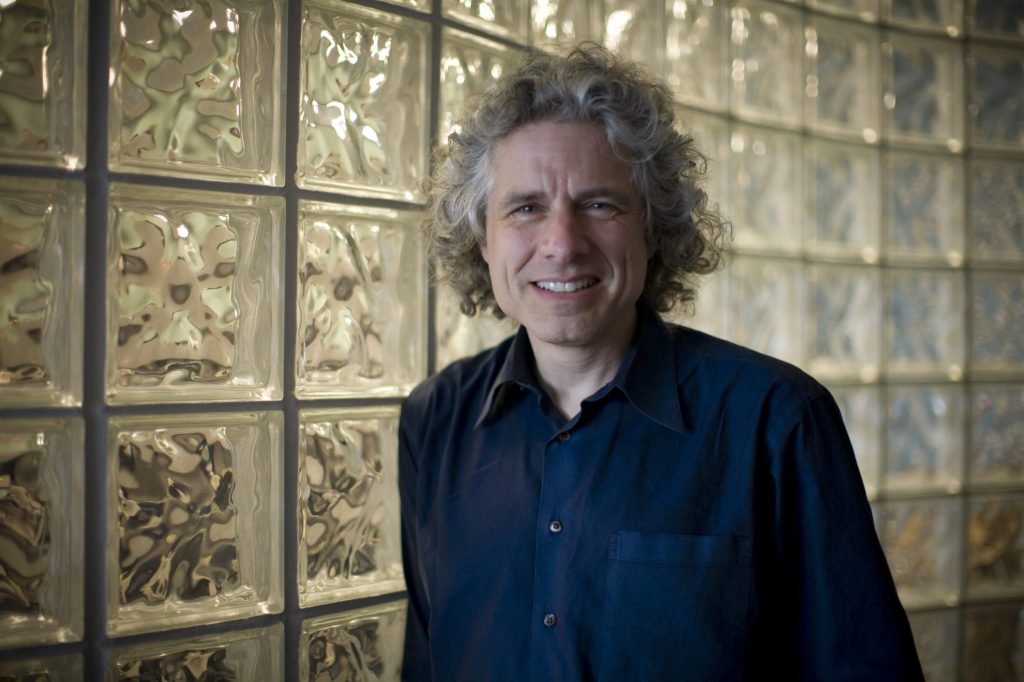Focal Point
We ask a wide range of Harvard faculty to answer the same question.
-
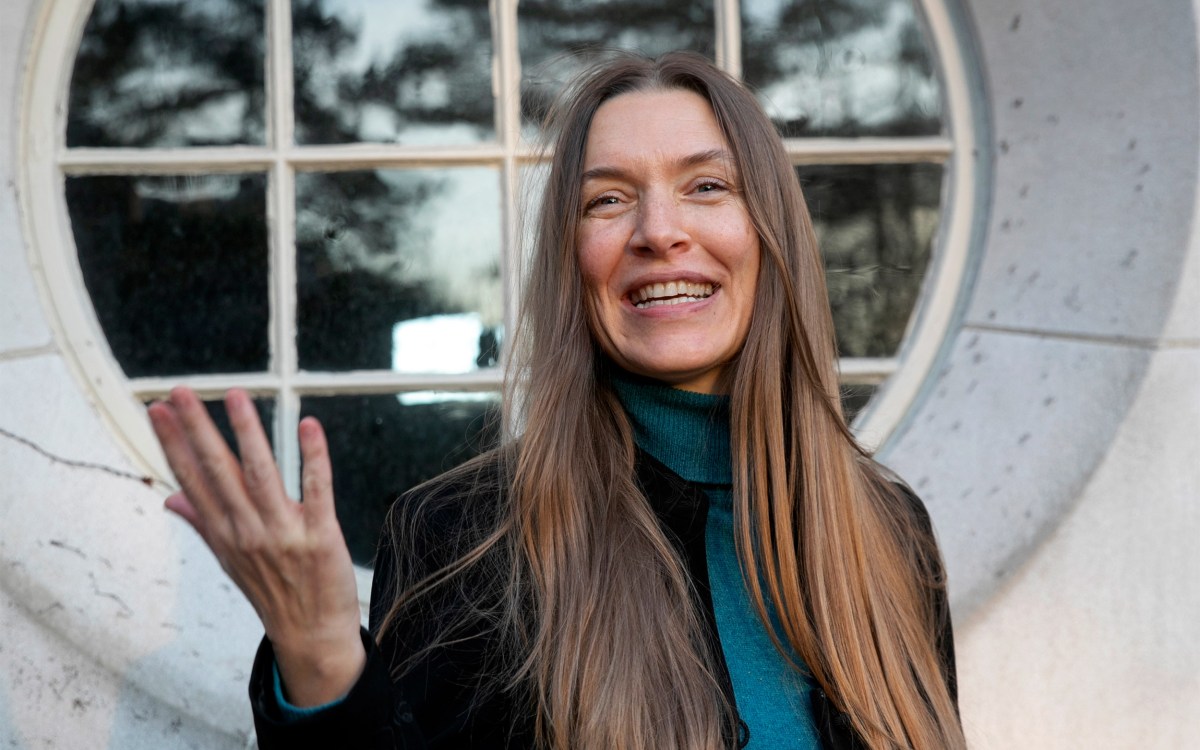 Campus & Community
Campus & CommunityAdvice to students: Enact your agency, build resilience
Sociology lecturer Manja Klemenčič offers advice to students as part of the “Focal Point” series: Take leadership roles and get out of your comfort zone.
-
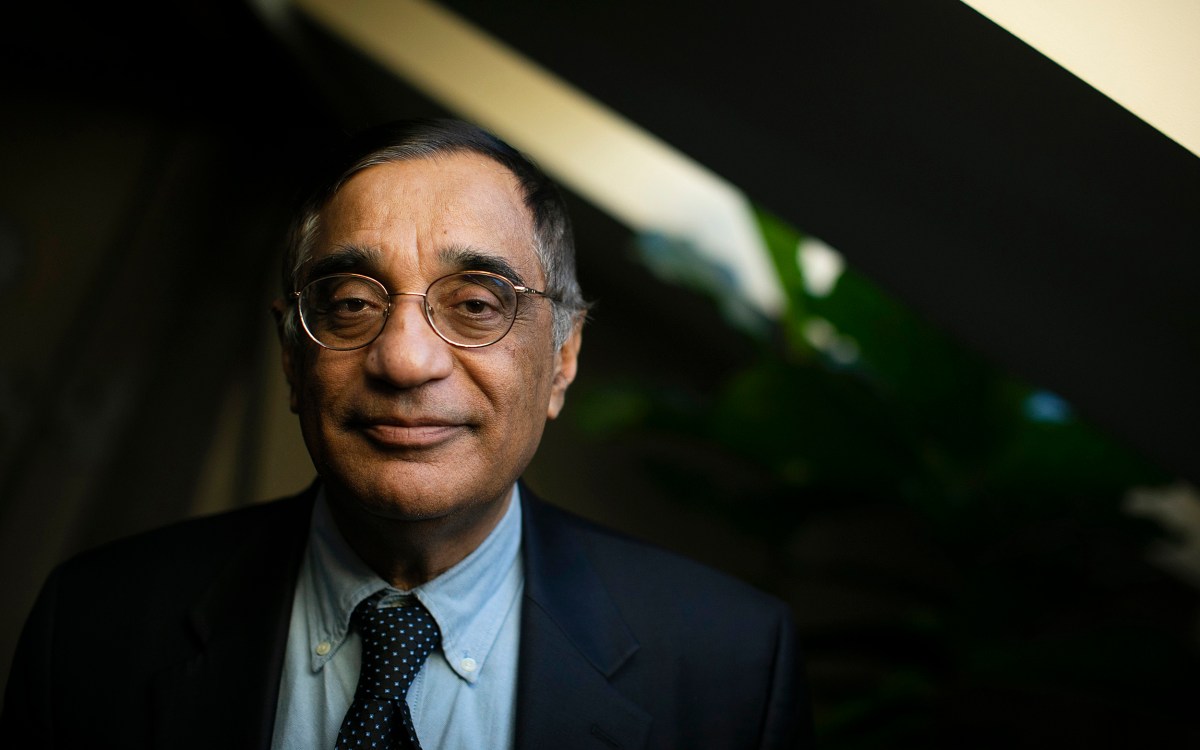 Campus & Community
Campus & CommunityAdvice to students: Learn from diversity
Broaden your worldview by engaging with diversity in the widest sense, Ali Asani counsels.
-
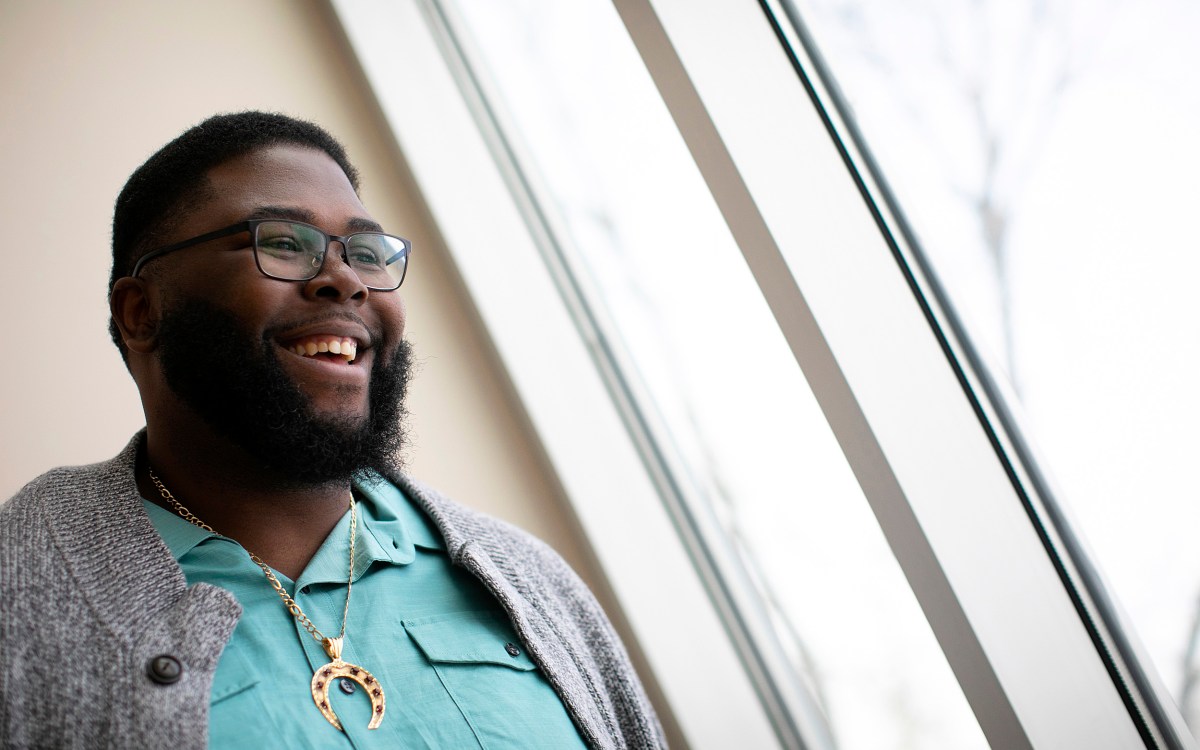 Campus & Community
Campus & CommunityAdvice to students: Don’t be afraid to ask for help
Anthony A. Jack urges students not to be afraid of asking for help.
-
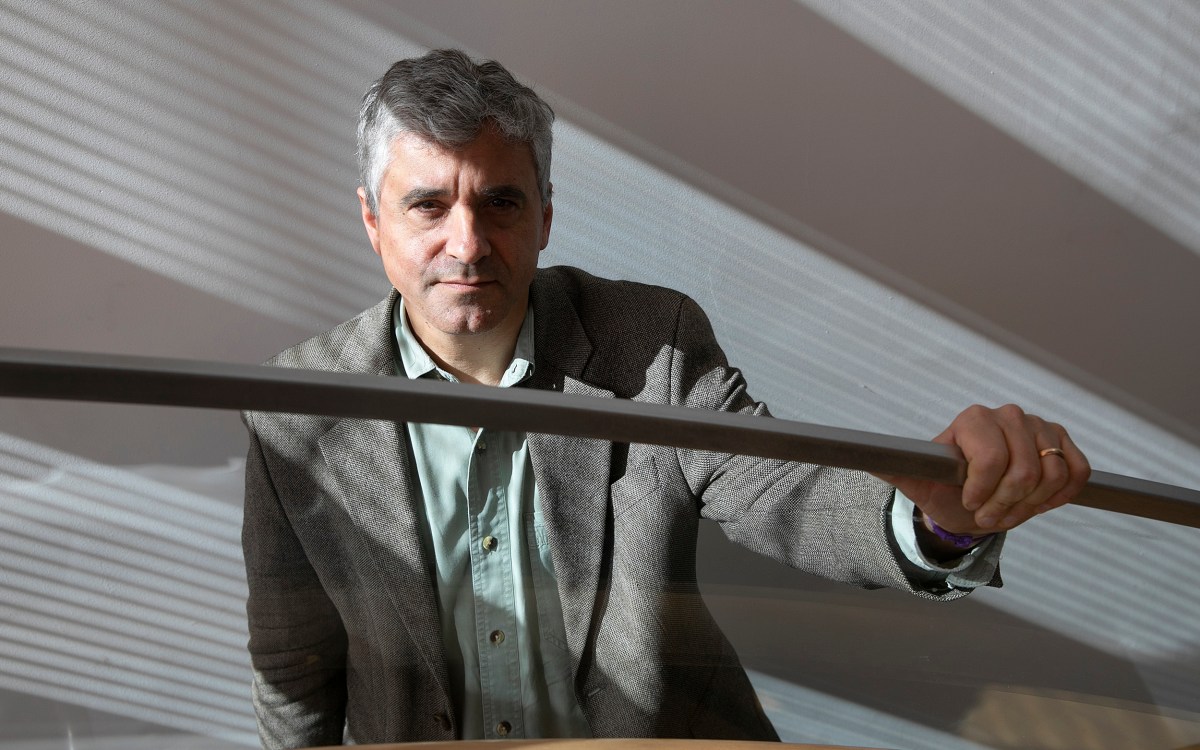 Campus & Community
Campus & CommunityAdvice to students: Do something meaningful with your life
Take some time, look around, and work at something that makes you happy, Steven Levitsky counsels.
-
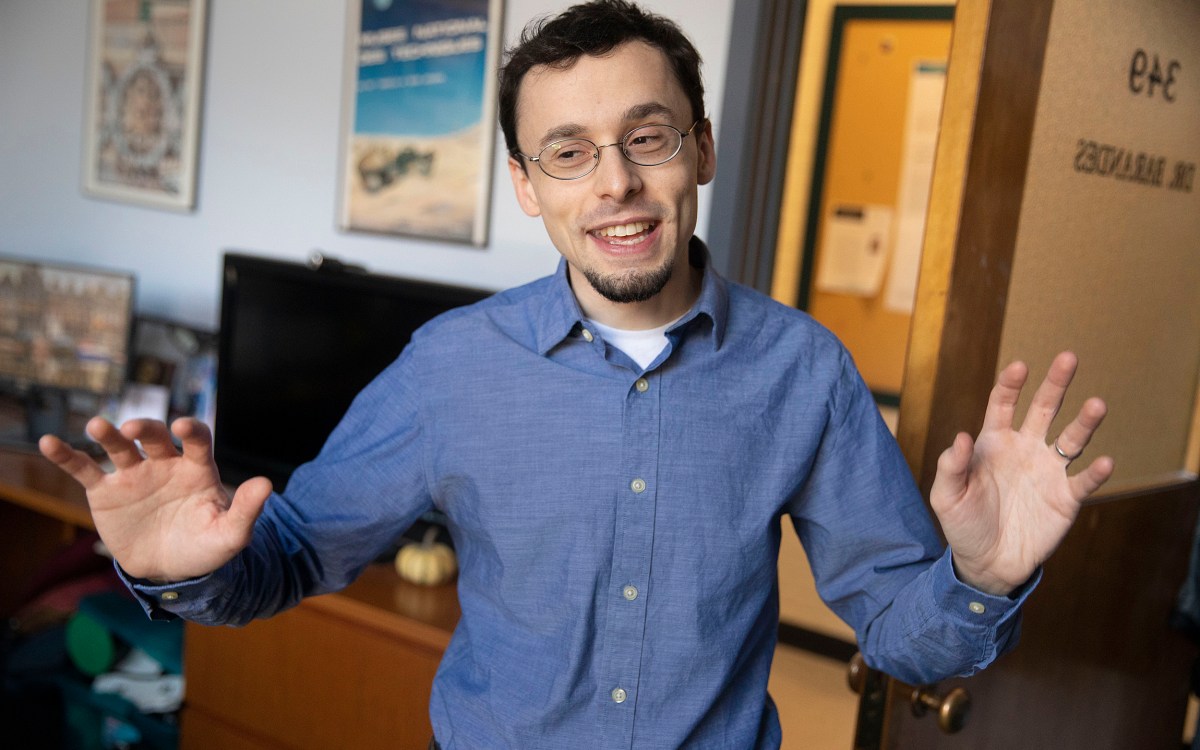 Campus & Community
Campus & CommunityAdvice to students: Take risks and build courage
Jacob Barandes encourages students to follow interests, ask questions, and do it their way to get the most out of their education.
-
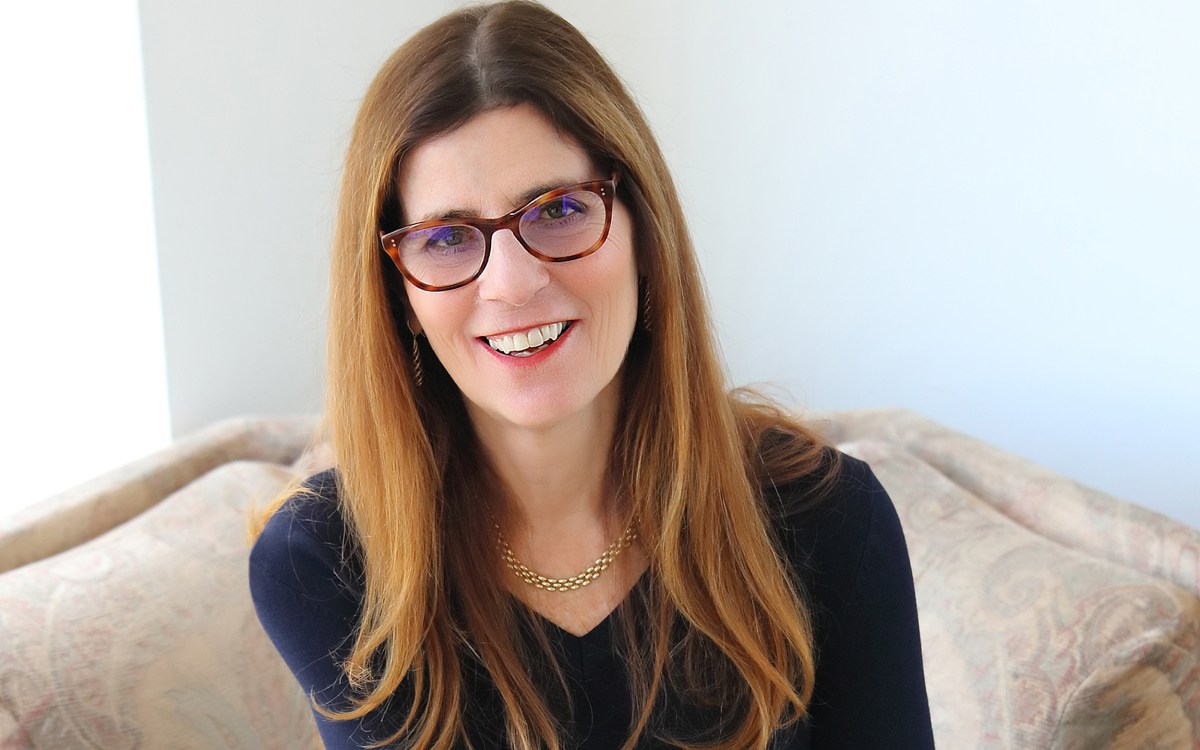 Campus & Community
Campus & CommunityAdvice to students: Learn to think scientifically
Mona Weissmark says the scientific method contains within itself a system of logic and standards of evidence that can be used for improving society.
-
One thing to change: Question that status quo
I. Glenn Cohen explains the dangers of assuming that the way things are is how they should be.
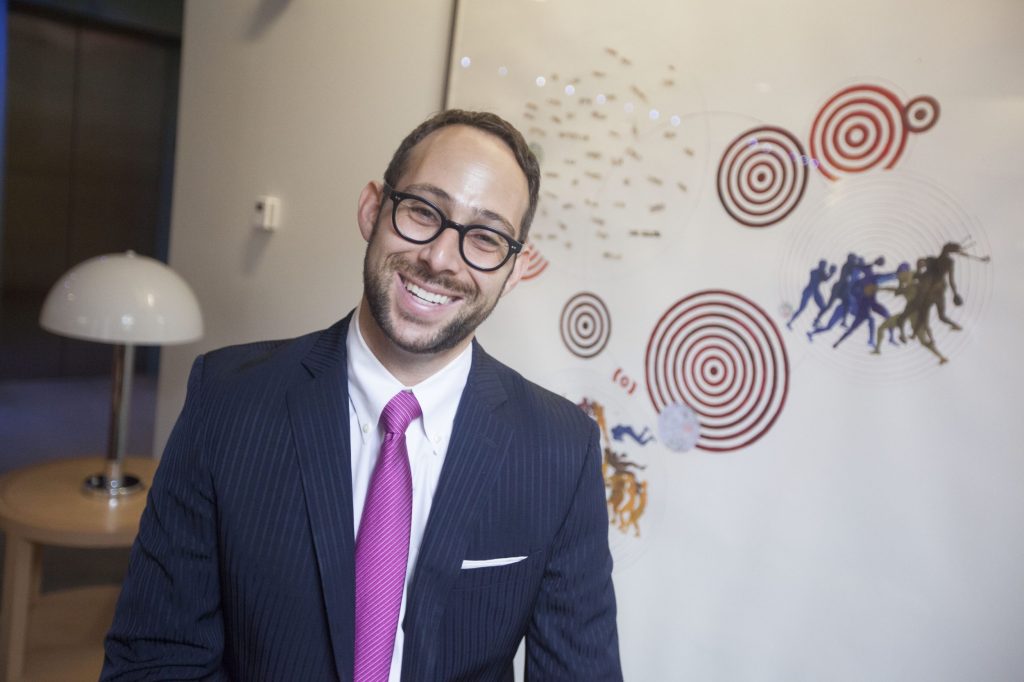
-
One thing to change: Embrace mindfulness
Professor of psychology Ellen Langer applies mindfulness to absolute truths.
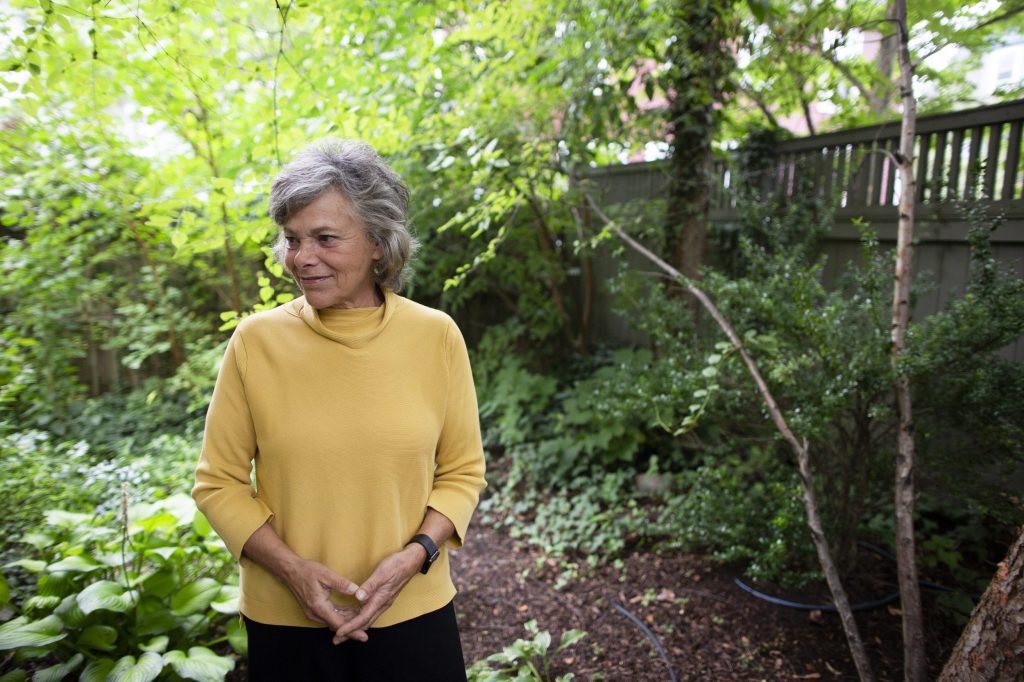
-
One thing to change: Everyone should vote
Archon Fung, the Winthrop Laflin McCormack Professor of Citizenship and Self-Government, thinks about the major changes that would take place if every person in America voted.
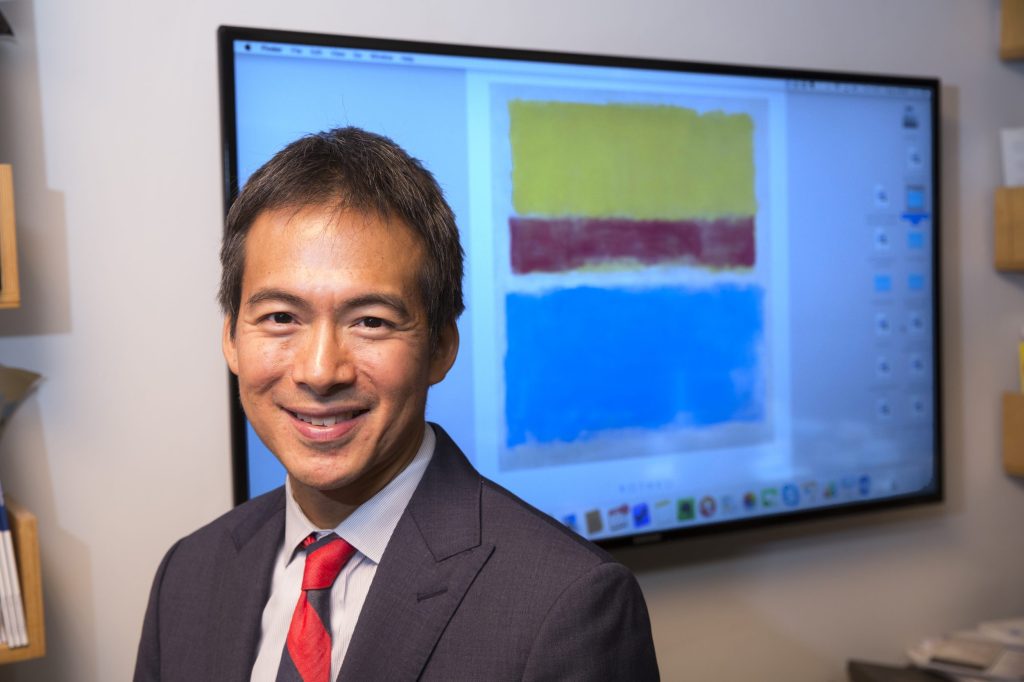
-
One thing to change: Less driving, more thriving
Lisa Randall, the Frank B. Baird Jr. Professor of Science, remembers when one shut-down street brought Harvard’s campus together, and wonders how that could apply to cities.
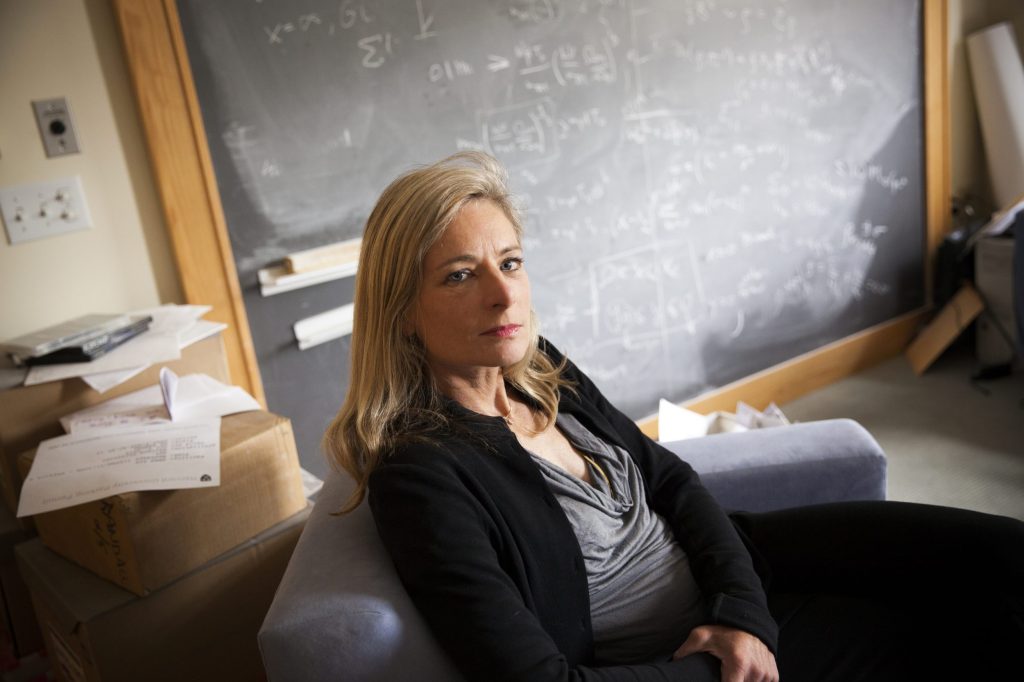
-
One thing to change: Think more like children
Abraham “Avi” Loeb, the Frank B. Baird Jr. Professor of Science, argues that academia shouldn’t just be about proving theories, but about exploration.

-
One thing to change: Anecdotes aren’t data
Steven Pinker, the Johnstone Family Professor of Psychology, points to a number of instances where the use of anecdotes over data creates a false narrative.
